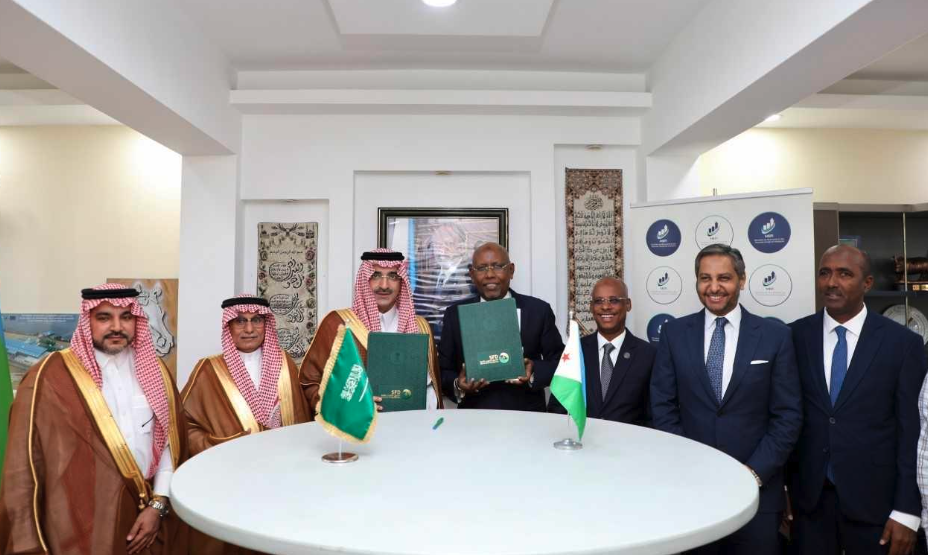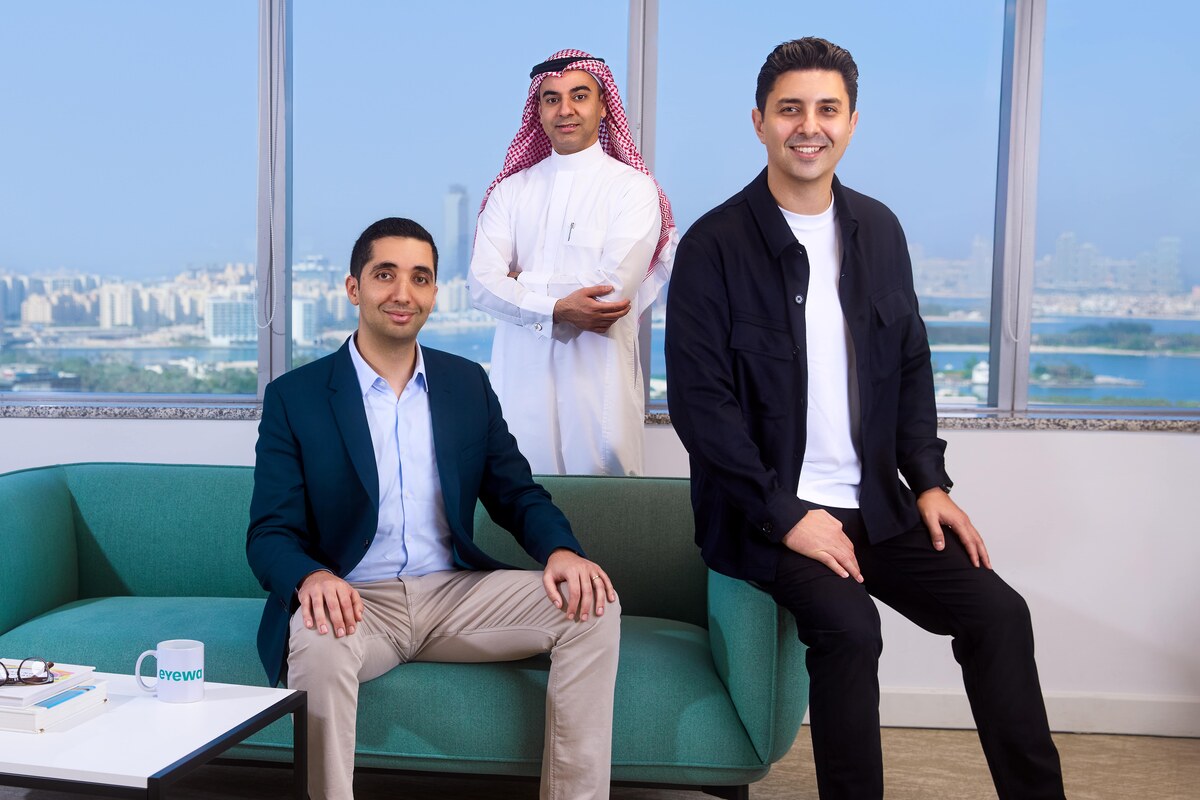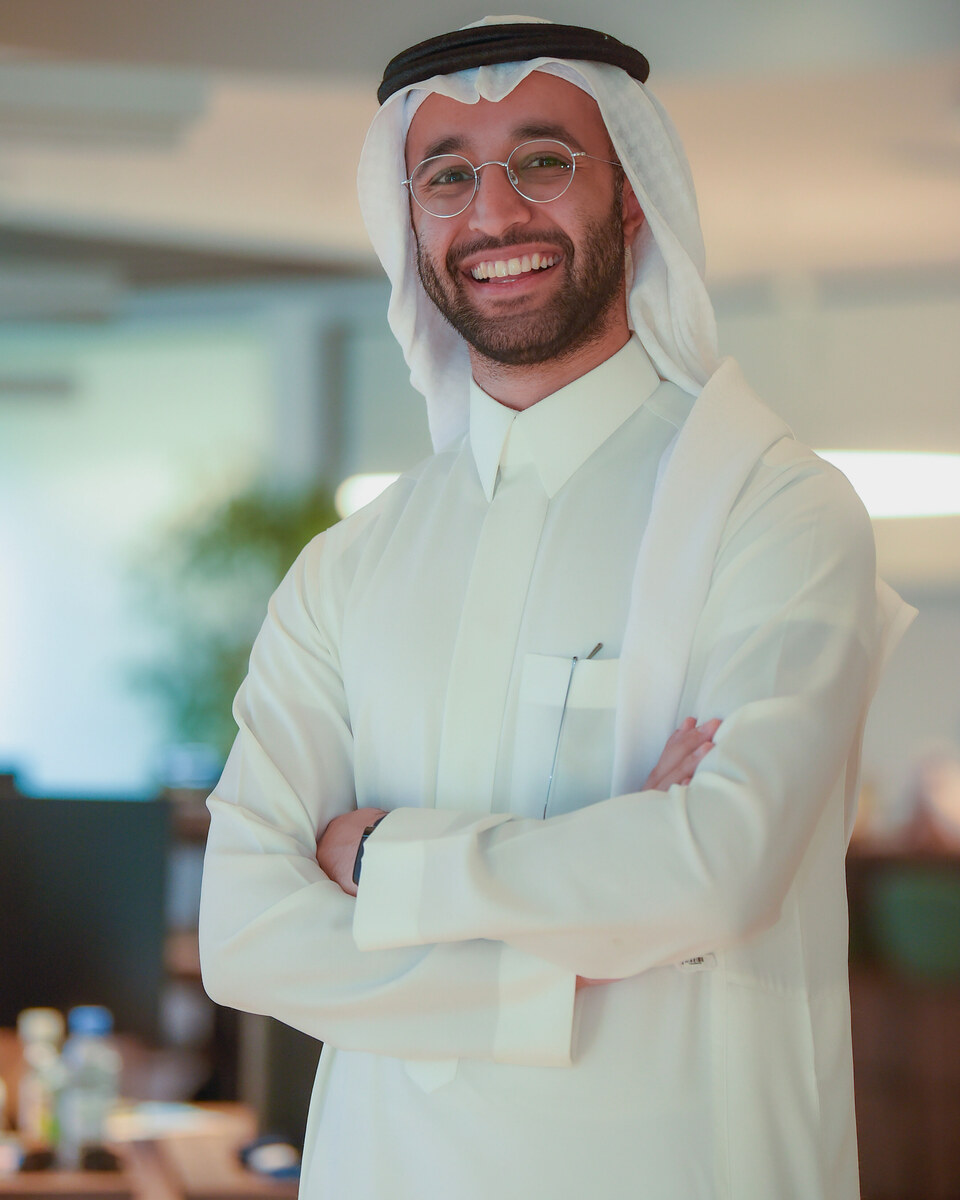RIYADH: The Farnborough International Airshow draws to a close on July 22, bringing to an end four days of exhibitions and deals at the UK event.
Here are some of the key developments.
Saudi Arabia planning air cargo roadshows to lure Amazon, Alibaba
In an attempt to scale up air cargo and distribution operations, Saudi Arabia is planning to organize roadshows to lure firms like Amazon, Alibaba, and DHL.
In an interview with Bloomberg, Mohammed Fahad Alkhuraisi, vice president for strategy at the Saudi General Authority of Civil Aviation said the Kingdom will invite private firms to establish partnerships and set up freight-forwarding and warehousing activities in the country.
Alkhuraisi also added that the Kingdom aims to handle 4.5 million tons of freight globally by the end of 2030, as the country moves to becoming a logistics hub in the region.
Saudi Arabia to launch national air carrier
Saudi Minister of Transport Saleh Al-Jasser revealed the Kingdom’s new national air carrier will be based at the King Khalid International Airport in Riyadh, and it will play a crucial role in the plan to kick-start Saudi Arabia’s “golden era of travel”.
Alkhuraisi stroke a positive note when asked about the plan in an interview with The National News.
“I know it’s going to fly very soon,” he said.
Airbus mulls fighter options but focuses on FCAS, says CEO
Europe’s Airbus, locked in a dispute with Dassault Aviation over the next stage of a Franco-German-Spanish fighter project, is focused on making the project work as planned, its CEO said on Wednesday.
Airbus is a key partner for Germany in the plan to build a manned and unmanned Future Combat Air System to replace Rafale and Eurofighter jets in cooperation with Dassault Aviation, which is working on behalf of France.
The companies have completed 18-months of initial work known as phase 1A, but are split over workshare for the next stage, a flying demonstrator known as phase 1B.
Dassault, the maker of France’s Rafale, has threatened to walk away from FCAS and implement an unspecified plan B if there is no agreement with Airbus, which is part of Eurofighter.
Asked at the Farnborough Airshow whether Airbus had its own plan B in case of a breakdown, CEO Guillaume Faury stressed the importance of sticking to current proposals.
“There’s a plan A and plan A is FCAS...There are other options, we think of other options but we are working for plan A,” he told Reuters in an interview.
“We want to make it happen. I don’t want to be discussing plan B. That will undermine the likelihood to get to plan A, because plan A is plan A and remains plan A,” he said.
Qatar Airways could revive order for 25 737 MAX planes
Qatar Airways could revive an order for 25 Boeing 737 MAX planes at the Farnborough Airshow, sources told Reuters.
On Monday, Qatar Airways CEO Akbar Al Baker confirmed that a provisional deal to buy at least 25 of the Boeing planes had lapsed.
Boeing and Qatar Airways declined to comment Wednesday but two sources said the order could be confirmed.
Al Baker told reporters that the memorandum of understanding for 25 planes, and options for 25 more, had expired, confirming a move that emerged in a court dispute with Airbus earlier this month.
Meanwhile, Qatar Airways also finalized an order for 25 Boeing MAX 10 single-aisle passenger jets worth $3.3 billion at the airshow.
“We are honored that Qatar Airways has decided to add Boeing’s single-aisle family to its fleet with improved economics, fuel efficiency and sustainable operations,” said Stan Deal, president and CEO of Boeing Commercial Airplanes.
He added: “The 737-10 is ideally suited for Qatar Airways’ regional network and will provide the carrier with the most capable, most fuel-efficient planes in its class.”
Azerbaijan Airlines signs MoU for four more Boeing 787 jets
Azerbaijan Airlines has signed a memorandum of understanding to acquire four more Boeing 787-8 Dreamliner jets, its president Jahangir Askerov said on Wednesday.
Askerov said the airline is due to sign a contract for the planes in December and plans to own 10 of the planes by 2030, allowing it to open new routes across Central Asia. It currently operates two 787-8 jets.
The airline previously had a contract with Boeing to purchase 10 737 MAX jets that it postponed in 2019.
“We’re not thinking about purchasing MAX for now. This would be the topic for negotiations,” Askerov said.
“Azerbaijan Airlines was the first airline in the Caspian and Central Asia region to operate the 787-8 Dreamliner and we currently have two 787-8s in service,” he added.
Boeing working on the next plane
Boeing is currently working on the engineering works of its new jet, despite most of the details regarding the upcoming plane having been kept under the wraps.
In an interview with Bloomberg, Stan Deal, the company’s commercial airplane chief, said that 1,000 engineers have been assigned to its product development group, who are currently spearheading design work on the plane concept and running computer simulations of the manufacturing system that would build it.
“We don’t advertise this a lot, but all through the downturn we continued to invest — we didn’t shut the hot water off,” said Deal.
(With input from agencies)





























